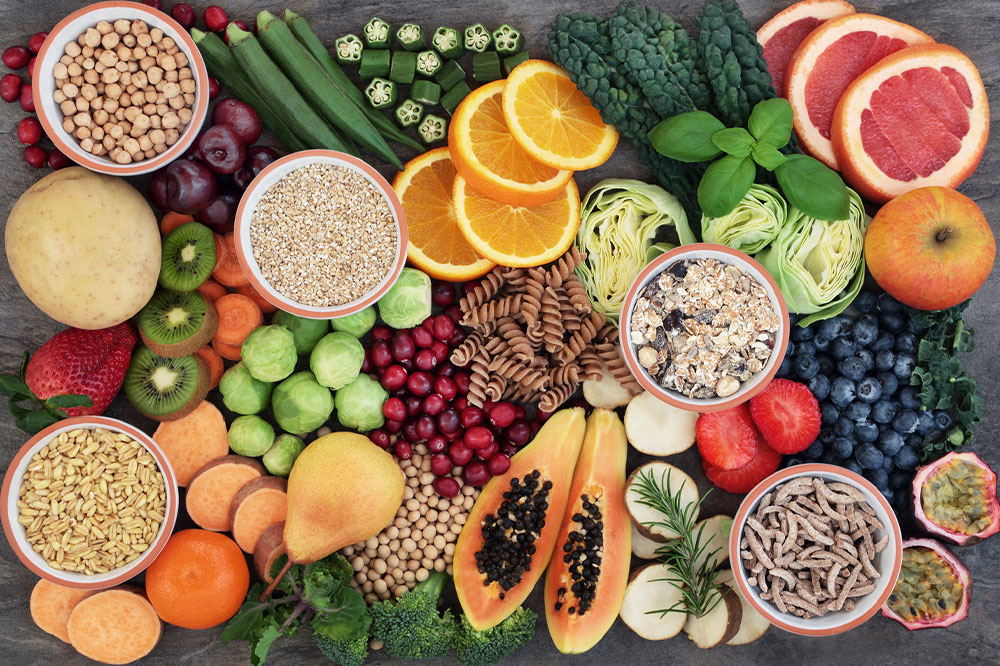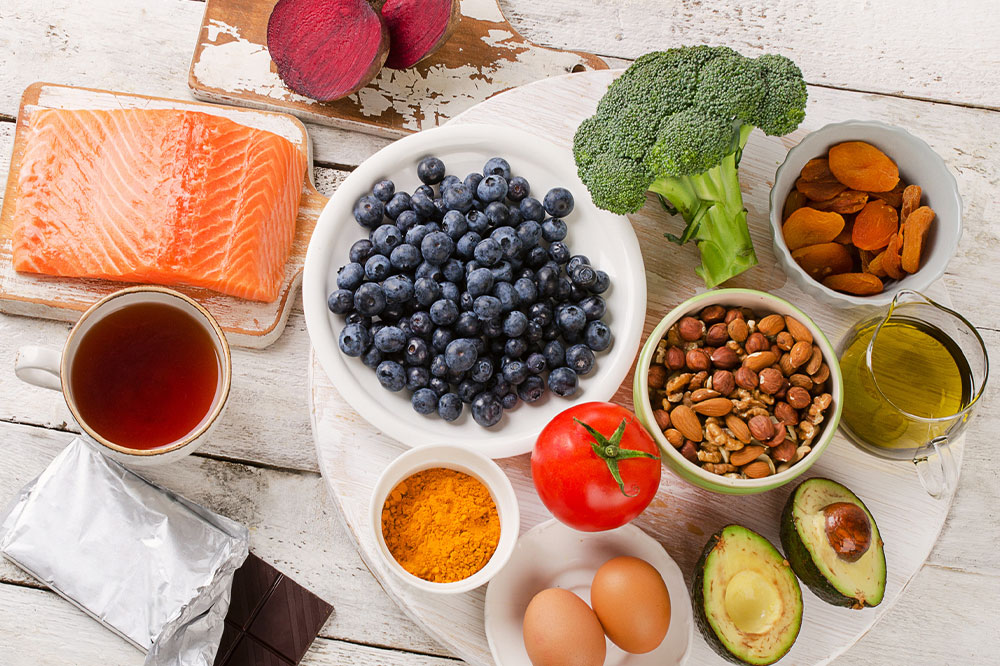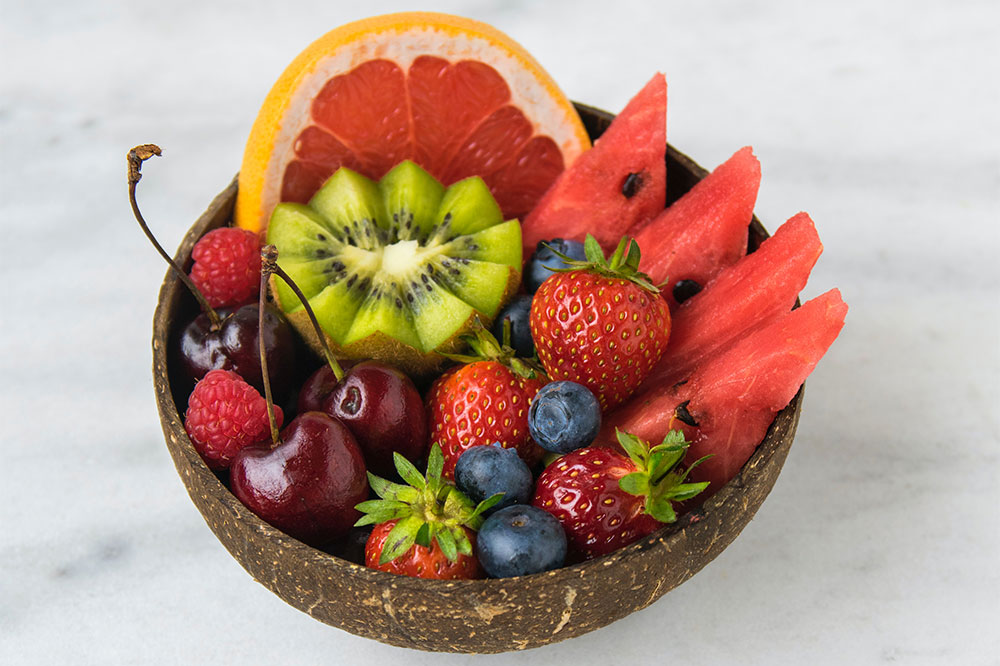Comprehensive Guide: Top 5 Dietary Strategies to Lower Parkinson’s Disease Risk
Discover the top five dietary strategies that may help reduce the risk of Parkinson’s disease. This comprehensive guide covers foods rich in neuroprotective nutrients, lifestyle tips, and approved medications that support brain health. Incorporate these dietary choices and treatments into your routine to promote long-term neurological well-being and potentially delay disease onset.

Comprehensive Guide: Top 5 Dietary Strategies to Lower Parkinson’s Disease Risk
Parkinson’s disease is a neurodegenerative disorder that primarily affects the central nervous system, leading to a gradual decline in motor control and various neurological functions. The hallmark symptoms include tremors, rigidity, slowed movement, and balance disturbances, which profoundly impact patients' quality of life. While age remains the most significant risk factor for developing Parkinson’s disease, extensive research suggests that lifestyle choices, particularly dietary habits, may influence the likelihood of onset and progression. A carefully curated diet rich in specific nutrients and foods might offer protective benefits and assist in symptom management.
This detailed guide explores five key dietary options that have shown promise in reducing the risk of Parkinson’s disease. Alongside these foods, we will review evidence-based treatments, including medications approved by the Food and Drug Administration (FDA), such as Rytary, which play a crucial role in managing symptoms. The goal is to provide a comprehensive overview to help individuals make informed dietary and treatment decisions to promote neurological health and potentially delay or prevent the onset of Parkinson’s.
Fava Beans
Fava beans are increasingly recognized for their potential neuroprotective properties. Naturally rich in levodopa—a precursor to dopamine, the critical neurotransmitter deficient in Parkinson’s patients—fava beans may offer some benefits for symptom relief and possibly for prevention. While their use as a dietary intervention needs further scientific validation, some studies suggest that their intake might support motor function improvements in individuals at risk or managing early symptoms. Despite promising leads, it’s important to consult healthcare professionals before making significant dietary changes involving fava beans, especially for those on medication, due to potential interactions.
Levodopa, the active compound in fava beans, mimics the effects of dopamine, which diminishes in Parkinson’s disease. This natural source of levodopa provides an alternative or complementary approach to traditional medication, though research remains in early stages. Ongoing studies are investigating how dietary levodopa plays a role in neuroprotection and symptom management, aiming to develop integrative strategies combining nutrition and pharmacology for optimal patient outcomes.
Fatty Fish
Consuming fatty fish such as salmon, mackerel, sardines, and trout is highly recommended for supporting brain health. These fish are abundant in omega-3 fatty acids, particularly EPA and DHA, which have been extensively studied for their anti-inflammatory and neuroprotective effects. Inflammation is a key factor in neurodegeneration, including Parkinson’s disease, and omega-3s have been shown to help preserve the integrity of dopamine-producing neurons. Regular intake of these fish can potentially slow disease progression and improve overall neurological function, making them a vital component of a Parkinson’s-preventive diet.
Incorporating omega-3 rich foods into daily meals can enhance cognitive resilience and support cellular health. Moreover, omega-3 fatty acids have been linked to improved mood and reduced depression symptoms, common concerns among Parkinson’s patients. Given their safety profile, adding fatty fish to your diet could be a strategic move in the broader context of neuroprotection.
Green Tea
Green tea is renowned for its potent antioxidant properties, making it a valuable beverage in neurodegenerative disease prevention. Its active compounds, particularly catechins such as epigallocatechin gallate (EGCG), help neutralize free radicals—unstable molecules that damage cells and accelerate neurodegeneration. Regular consumption of green tea has been associated with a lower risk of developing Parkinson’s, possibly due to its ability to reduce oxidative stress and inflammation within the brain. Additionally, green tea’s compounds may help sustain dopamine levels, providing both preventive benefits and symptom alleviation in early disease stages.
Beyond antioxidants, green tea's anti-inflammatory effects further promote neural health. Incorporating a couple of cups of green tea into your daily routine could be a simple yet effective strategy to enhance brain resilience against Parkinson’s-related neurodegeneration.
Numerous vegetables contain high levels of folic acid, a B vitamin crucial for neural function and protection. Vegetables such as broccoli, spinach, okra, asparagus, collard greens, Brussels sprouts, and kale are rich sources of these beneficial nutrients. Folic acid plays a vital role in DNA synthesis and repair, neurogenesis, and reducing homocysteine levels—all factors that may influence Parkinson’s risk. Including these vegetables in your diet provides a natural way to boost B vitamin intake, supporting overall neurological health and potentially lowering the risk of disease onset.
In addition to vegetables, legumes like lentils and chickpeas, as well as nutrient-dense foods like avocados, offer supplementary B vitamins and other neuroprotective compounds. A balanced diet emphasizing these plant-based foods could contribute significantly to long-term brain health and disease prevention.
Berries
Berries, including blueberries, blackberries, goji berries, cranberries, and strawberries, are rich in a wide array of antioxidants, such as anthocyanins and vitamin C. These natural compounds help neutralize harmful free radicals that are implicated in the oxidative stress associated with Parkinson’s disease progression. Regular consumption of berries may slow the neurodegenerative process, preserve dopaminergic neurons, and improve motor function. Their anti-inflammatory properties could also help mitigate neural damage, making berries a powerful addition to a neuroprotective diet.
Furthermore, incorporating berries into meals or snacks can offer both benefits and pleasure, supporting a holistic approach to neurological health. Scientific studies continue to explore the role of diet-derived antioxidants in Parkinson’s prevention, with promising results suggesting berries are a valuable component of targeted nutritional strategies.
In addition to dietary modifications, several pharmacological agents are approved for managing Parkinson’s symptoms effectively. These medications aim to restore dopamine levels and alleviate motor and non-motor symptoms, improving patients’ quality of life.
Rytary
An FDA-approved extended-release formulation combining carbidopa and levodopa, Rytary provides stable and prolonged dopaminergic stimulation, reducing fluctuation episodes and off-times. It is often prescribed for advanced Parkinson’s disease to enhance medication adherence and symptom control.
Pramipexole
A dopamine agonist that mimics dopamine's effects in the brain, Pramipexole helps reduce symptoms such as tremors and rigidity. It is often used in early stages or as an adjunct to levodopa therapy.
Selegiline
This monoamine oxidase B (MAO-B) inhibitor extends dopamine activity by blocking its breakdown, providing symptomatic relief and potentially slowing disease progression.
Ongentys
Recently approved by the FDA, Ongentys (opicapone) is a COMT inhibitor that enhances levodopa's efficacy by preventing its metabolic degradation, extending the duration of its benefits and reducing off-time episodes.
In conclusion, a combination of targeted dietary choices and evidence-based pharmacological treatments can play a pivotal role in the prevention and management of Parkinson’s disease. While diet alone cannot guarantee prevention, it forms a vital part of a comprehensive neurological health strategy. Incorporating foods rich in levodopa, omega-3 fatty acids, antioxidants, and B vitamins, alongside proper medical management, offers the best hope for reducing risk and improving quality of life for those at risk or living with Parkinson's.





